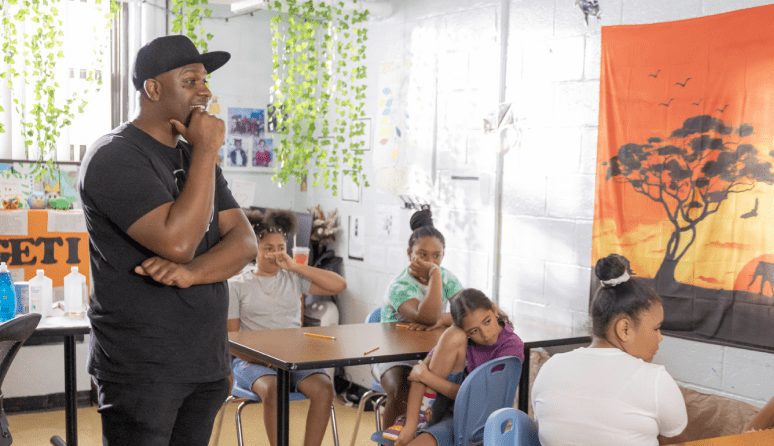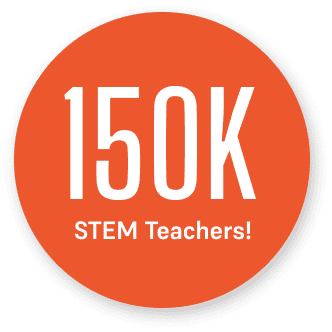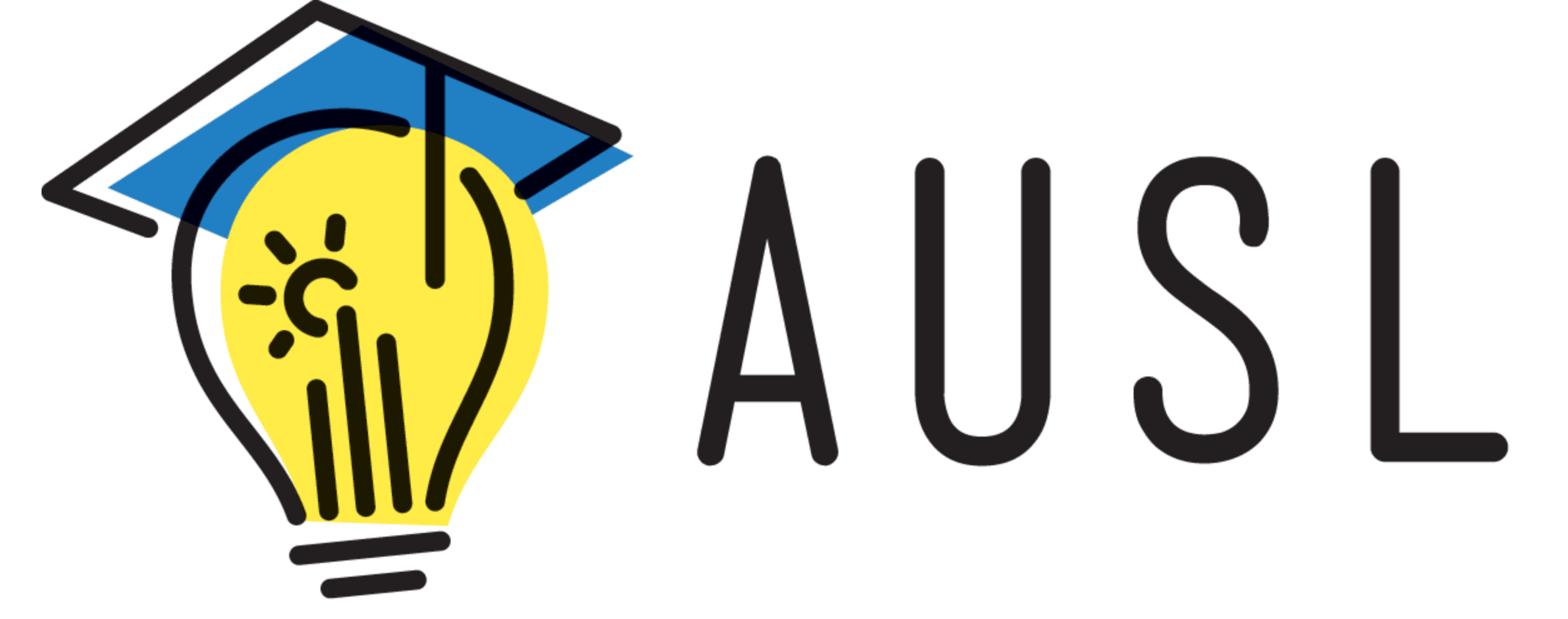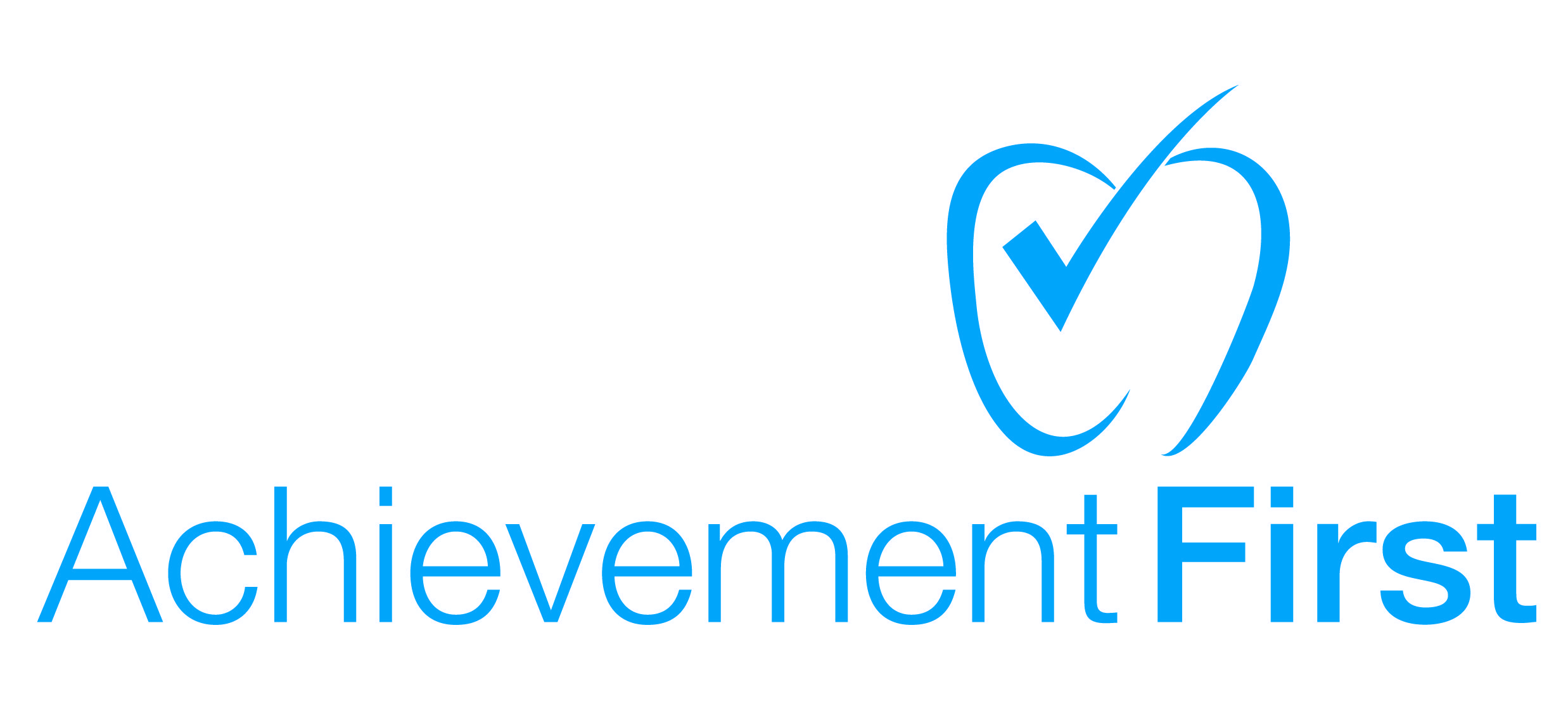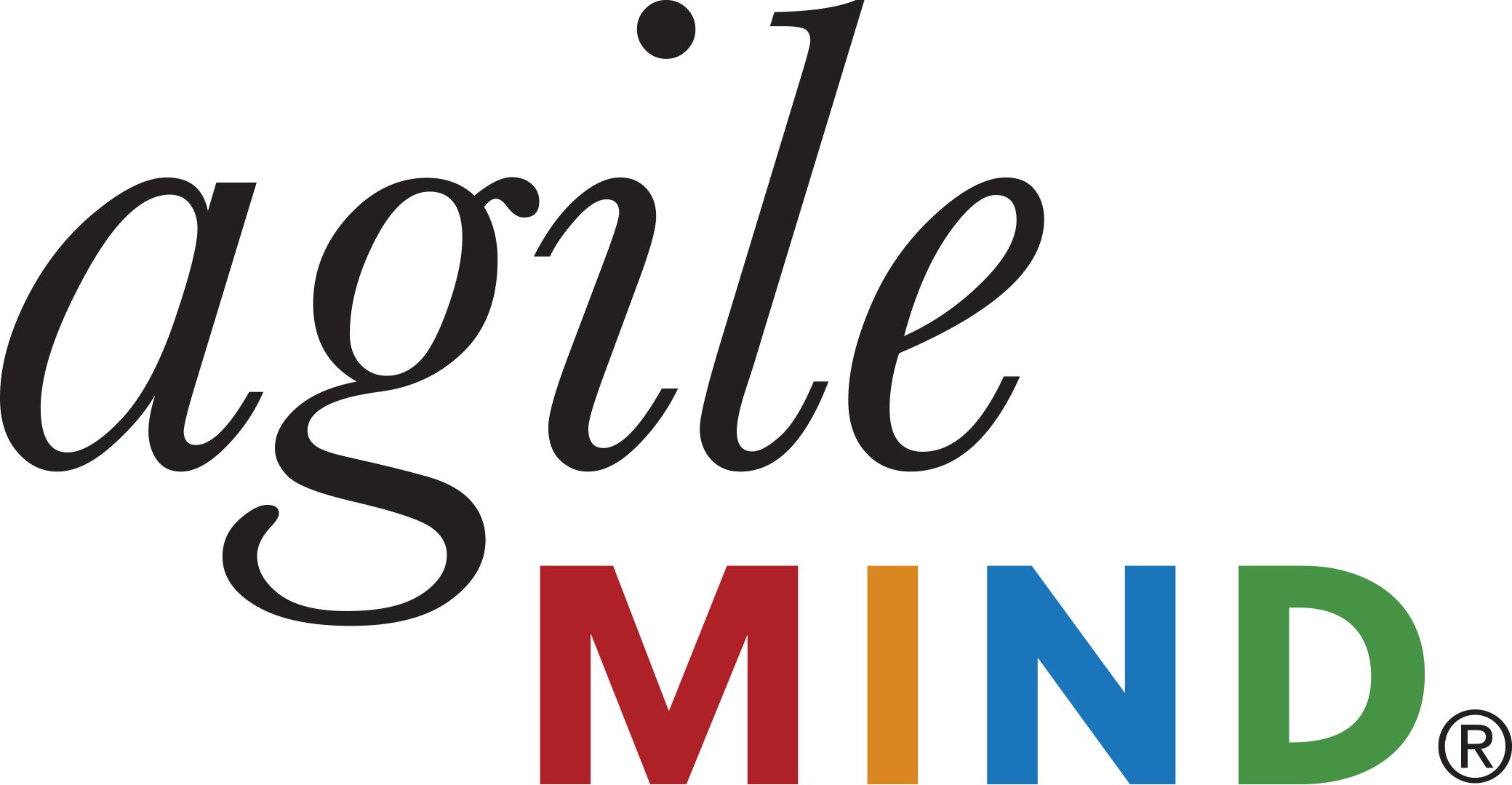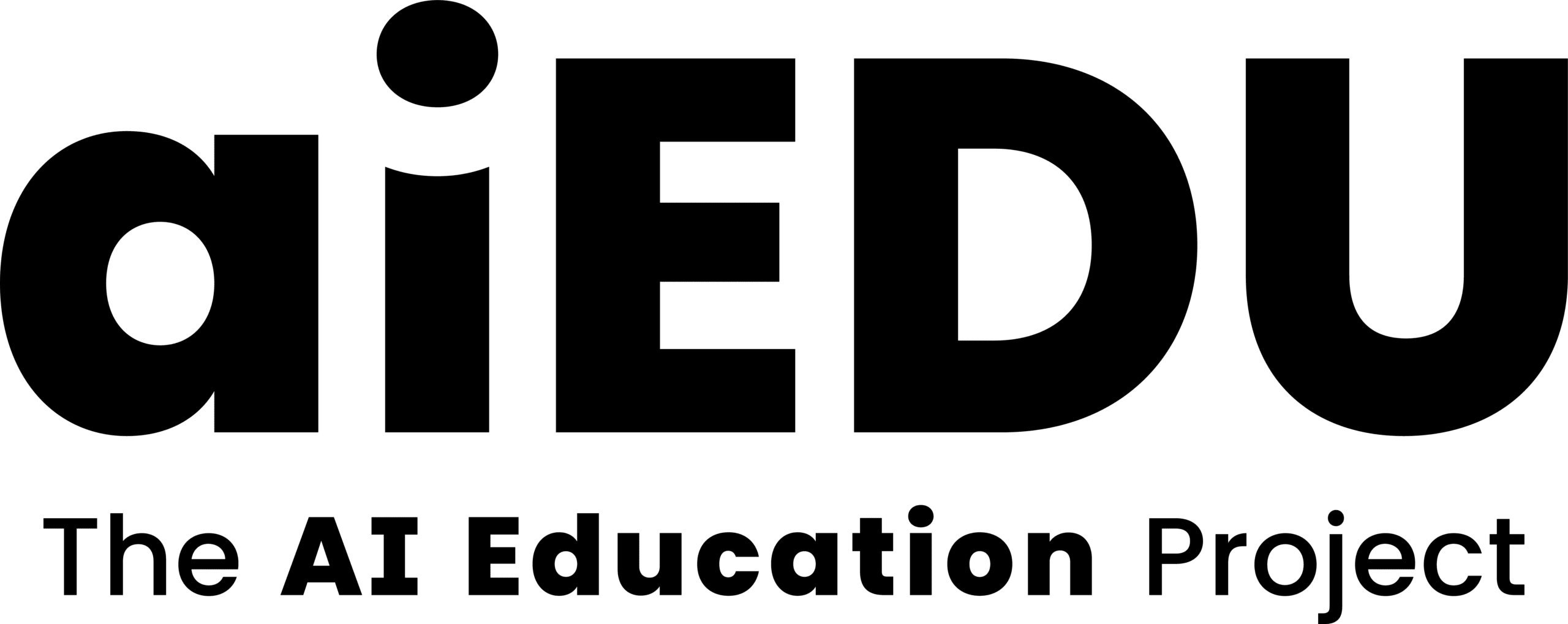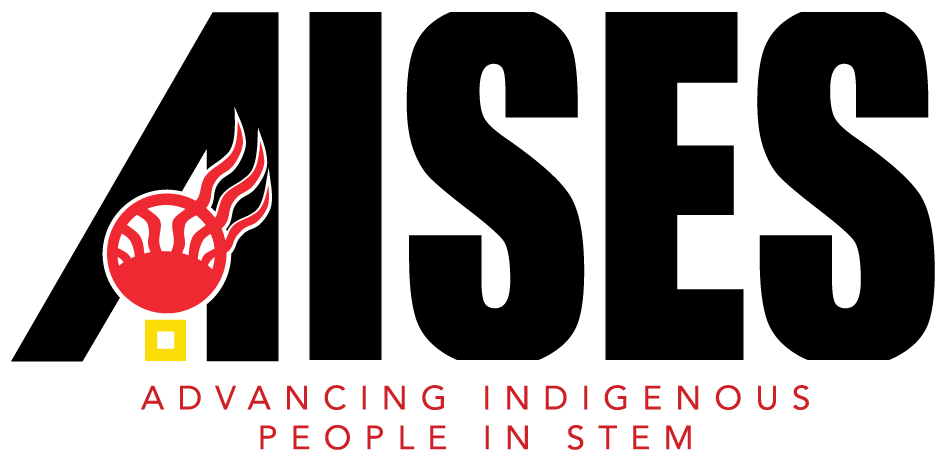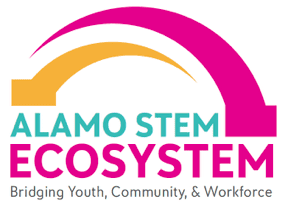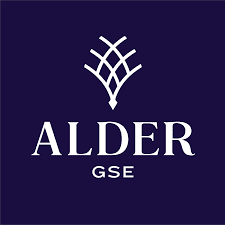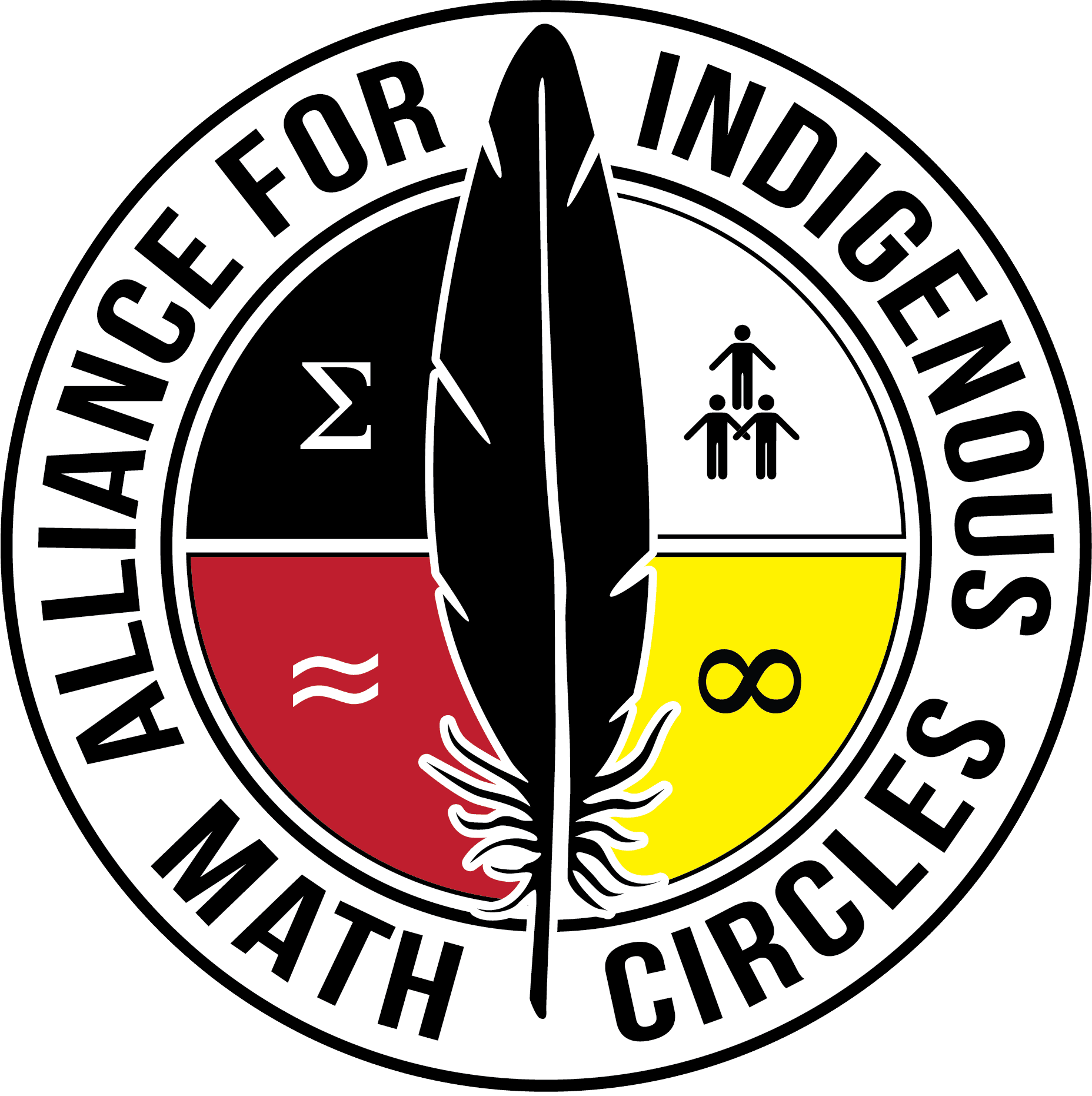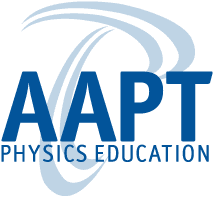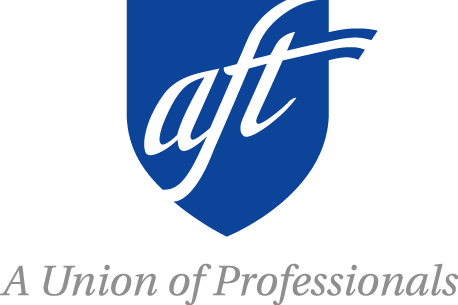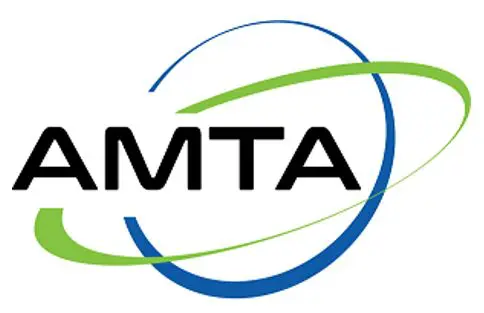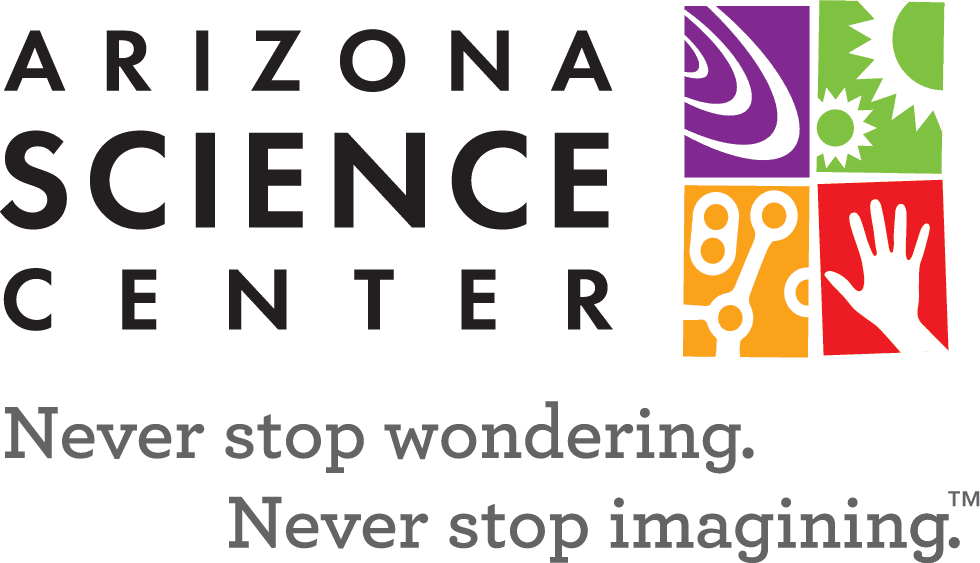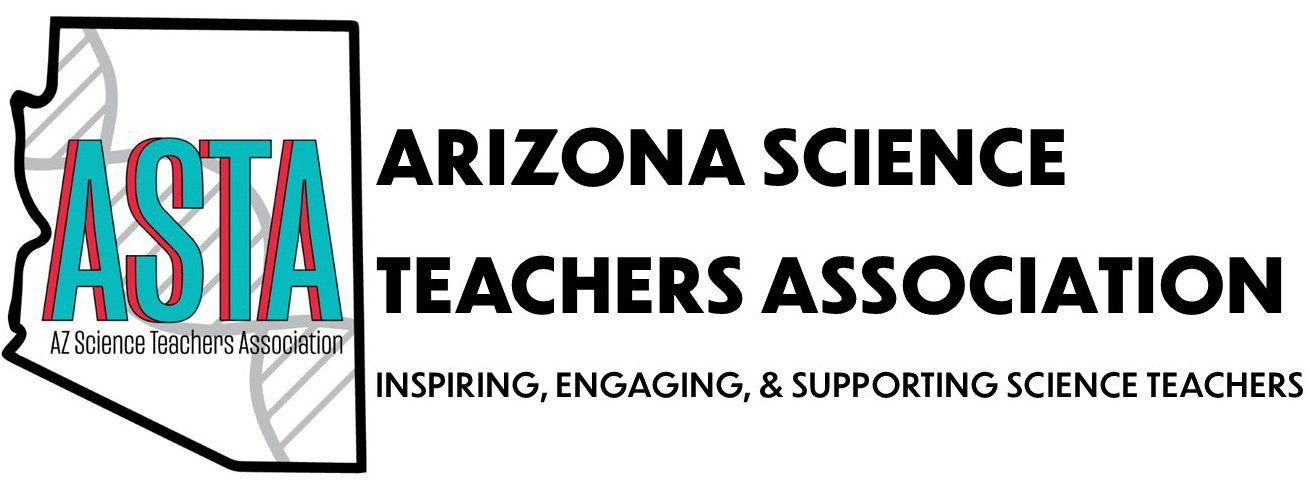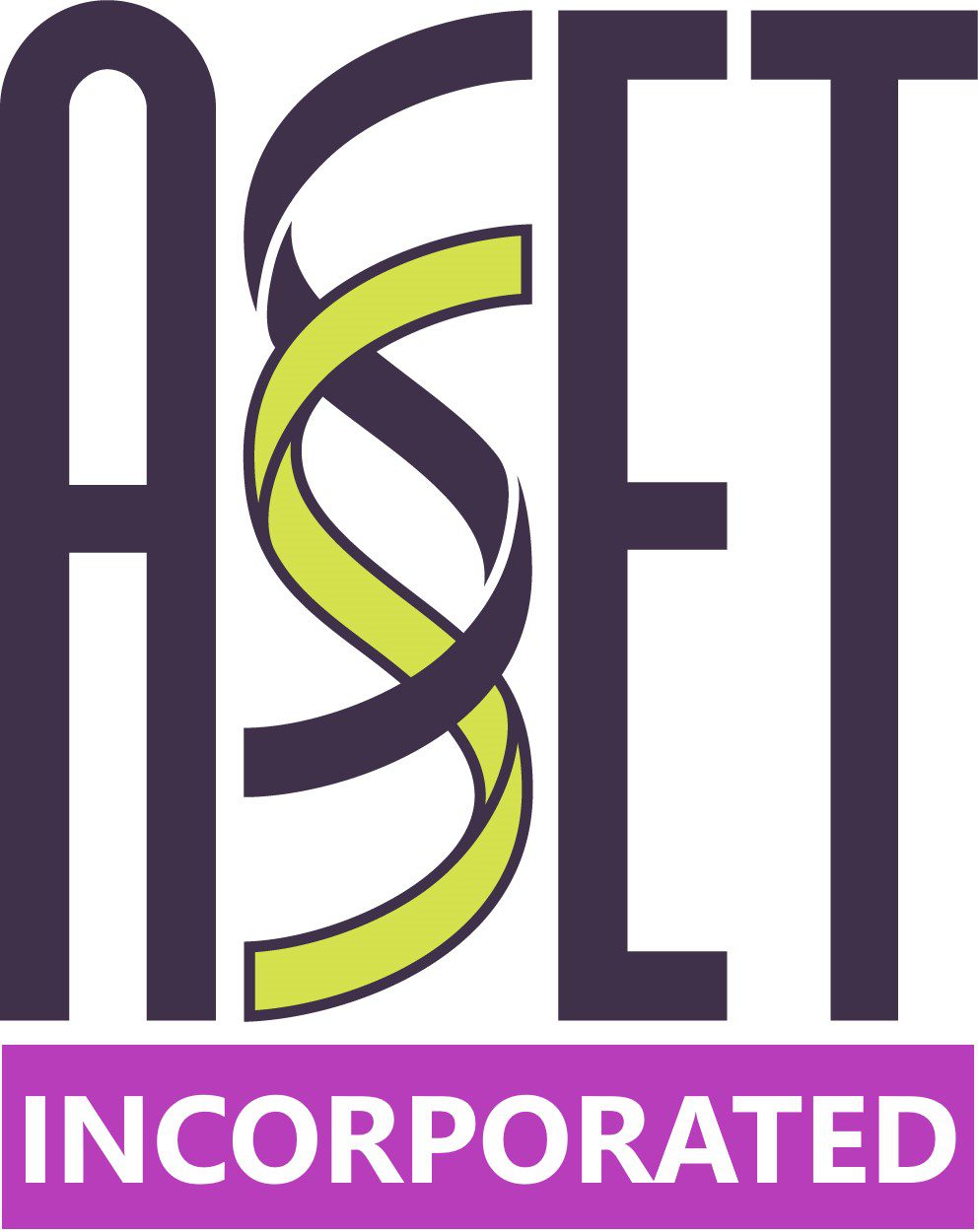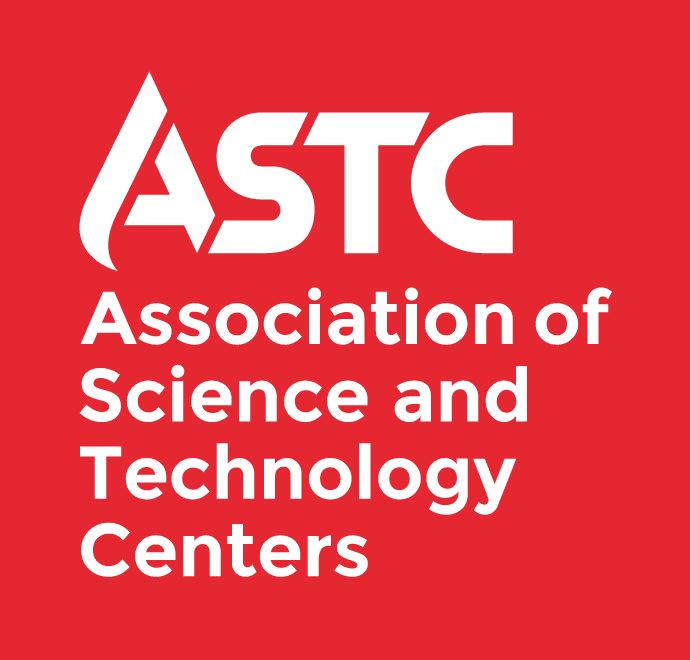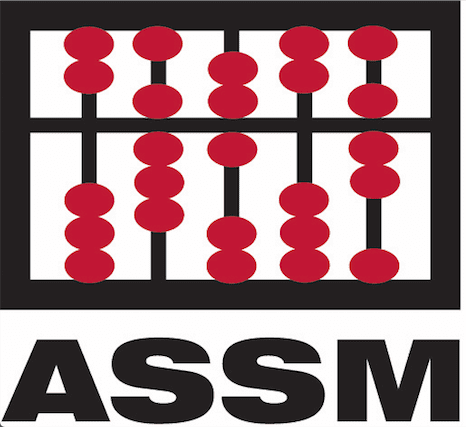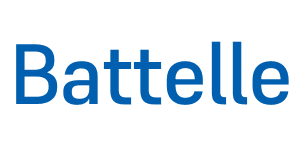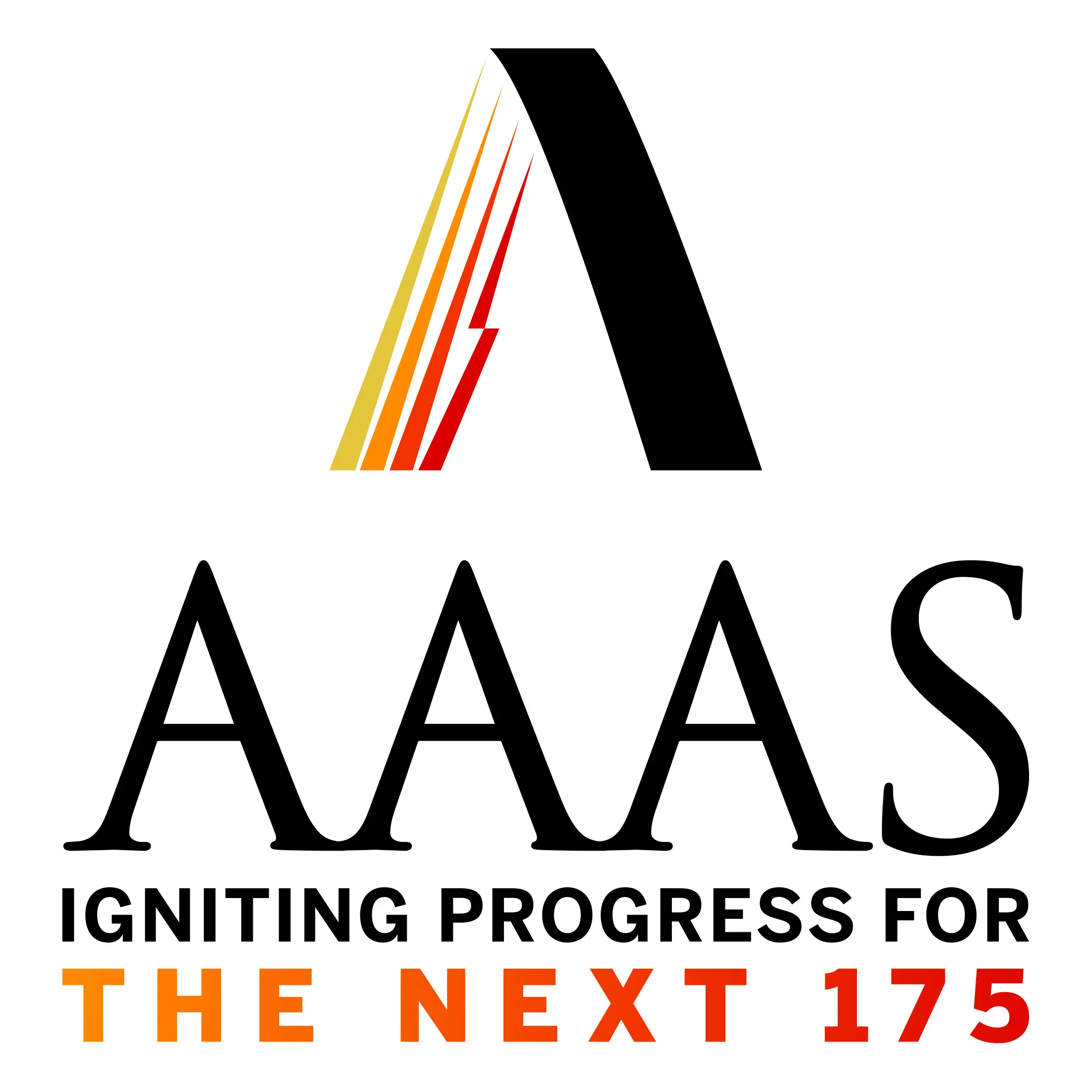
American Association for the Advancement of Science (AAAS)
Commitment
The American Association for the Advancement of Science (AAAS) is working to address the critical need for recruiting, preparing and retaining highly effective STEM leaders in high-need school districts by building and disseminating research-based practices for pre-service STEM teacher education for STEM teachers in high-need schools. Through AAAS’s Robert Noyce Teacher Scholarship program (Noyce) grant, AAAS is building and disseminating research-based practices about stimulating and advancing innovation in preservice education of STEM teachers. AAAS has undertaken a multi-year effort to identify (a) what we know from current research on STEM teacher preparation programs and what we want to know and (b) innovative strategies for implementing core concepts and competencies for STEM teacher education and practices and plans to disseminate this learning broadly to Noyce programs at an annual AAAS hosted conference as well as to other preservice preparation programs for STEM teachers.

